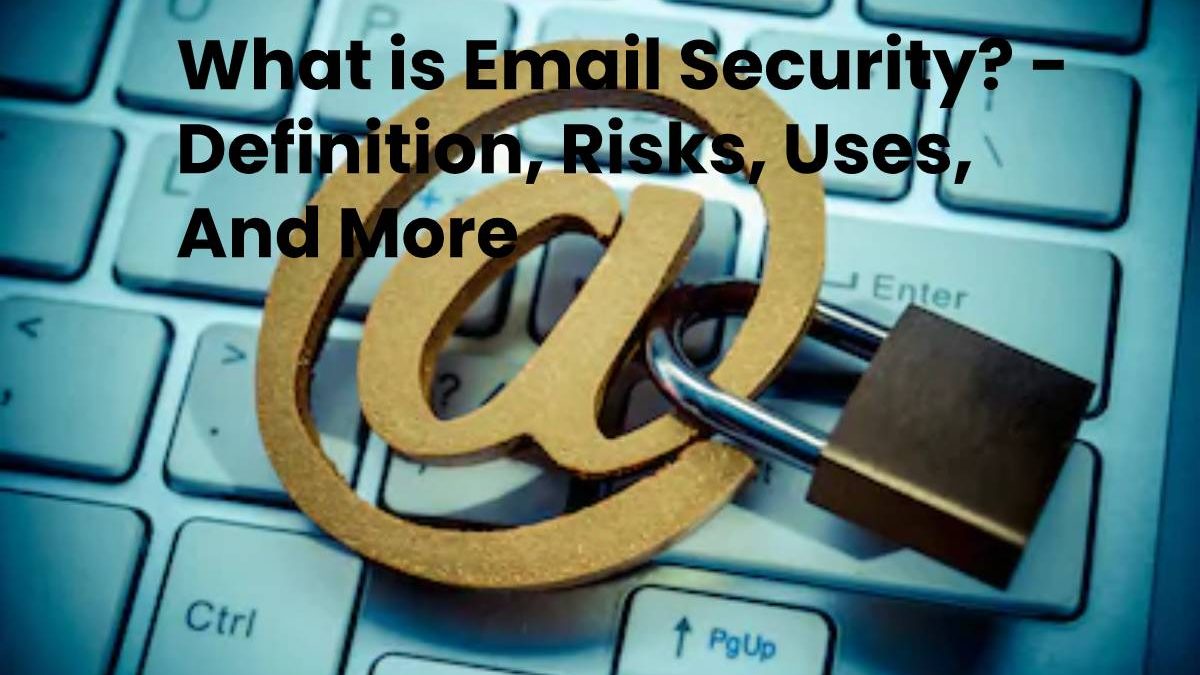Table of Contents
Definition Email security
Email is similar to other forms of communication. It is essential to be careful when sending confidential information by email. Email travels through numerous systems before reaching its destination so that someone can intercept and read it. Therefore, you should use security measures to protect the confidentiality of email.
Few email security risks
Flooding
Flooding (a type of denial of service attack) occurs when a system overloads with multiple emails. It becomes easy for an attacker to create a simple program that sends millions of emails (even empty messages) to a single email server to attempt to flood it. Without the correct security, the destination server may experience a denial of service because the server’s storage disk is full of useless messages. The system may also stop responding because all its resources are busy processing the attack mail.
Mass mail
Mass mail (spam) (junk mail) is another common type of attack targeting email. With the increase in the number of companies that practice electronic commerce on the Internet, there has been an invasion of unwanted or unsolicited commercial email messages. It is junk mail, which is sent to an extensive distribution list of email users, filling in the mailbox of all users.
Confidentiality is a risk that associates with sending emails to another person through the Internet. The email message passes through numerous systems before reaching the recipient. If the message is not encrypted, any hacker could take it and read it at any point in the delivery route.
Also read: What is a Network Switch? – Definition, Features, and Manufacturers
Uses
The use of email over the Internet or by other networks that are not trusted involves security risks for your system, even if a firewall protects it.
Email Security Options
To prevent the risks of flooding and mass mail (spam), you must configure the email server correctly. Most server applications provide methods to combat such attacks. You can also collaborate with the Internet service provider (IPS) to ensure that it allows for some additional protection against these attacks.
The additional security measures you need will depend on the level of confidentiality you want, as well as what security features your email applications offer. Is it enough to keep the content of the email message confidential? Or do you want all the information associated with the email (such as the source and destination IP addresses) to be confidential?
Some applications have integrated security features that may offer the protection you need. For example, Lotus Notes Domino provides several built-in security features. Such as the ability to encrypt a complete document or individual document fields.
To encrypt mail, Lotus Notes Domino creates a public key and private key unique to each user. The private key helps to encrypt the message so that only those users who have their public key can read it. You must send the public key to the recipients you want. So they can use it to decrypt the encrypted note. If someone sends you encrypted email, Lotus Notes Domino uses the sender’s public key to decrypt the letter automatically.
You can find more information about using Notes encryption features in the program’s online help files.
If you want to provide more confidentiality for email or other information that flows between branches, remote customers, or business partners, you have two options.
If the email server application supports SSL, you can use the secure sockets layer (SSL) to create a secure communication session between the server and the email clients. SSL also provides support for optional client-side authentication, if the client application is for this use. Since the entire session is encrypted, SSL also guarantees the integrity of the data while it transmits.
Another possible option is to configure a virtual private network (VPN) connection. You can use the system to configure various VPN connections, even between remote clients and your system. When we use a VPN connection, all traffic that flows between the ends of the communication encrypts. That then guarantees the confidentiality and integrity of the data.
Also read: What is a Laptop? – Definition, Features, Positives & Negatives, And More
Kamran Sharief
Related posts
Sidebar
Recent Posts
The Best Forex Brokers for Beginners
Since COVID-19 first popped up, interest in the forex market has increased dramatically. Knowing how to get involved with minimal…
Maximizing Success: The Symbiosis of Dedicated Software Development Teams and Product Design Services
The Symbiosis of Dedicated Software Development Teams and Product Design Services In the rapidly evolving landscape of technology, businesses aiming…



